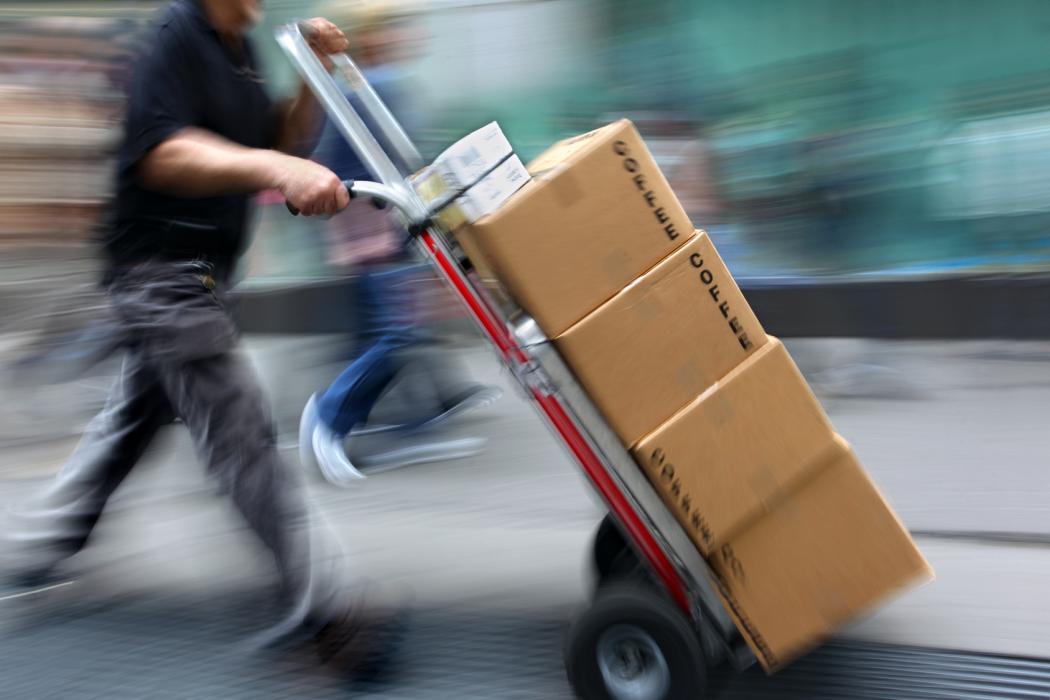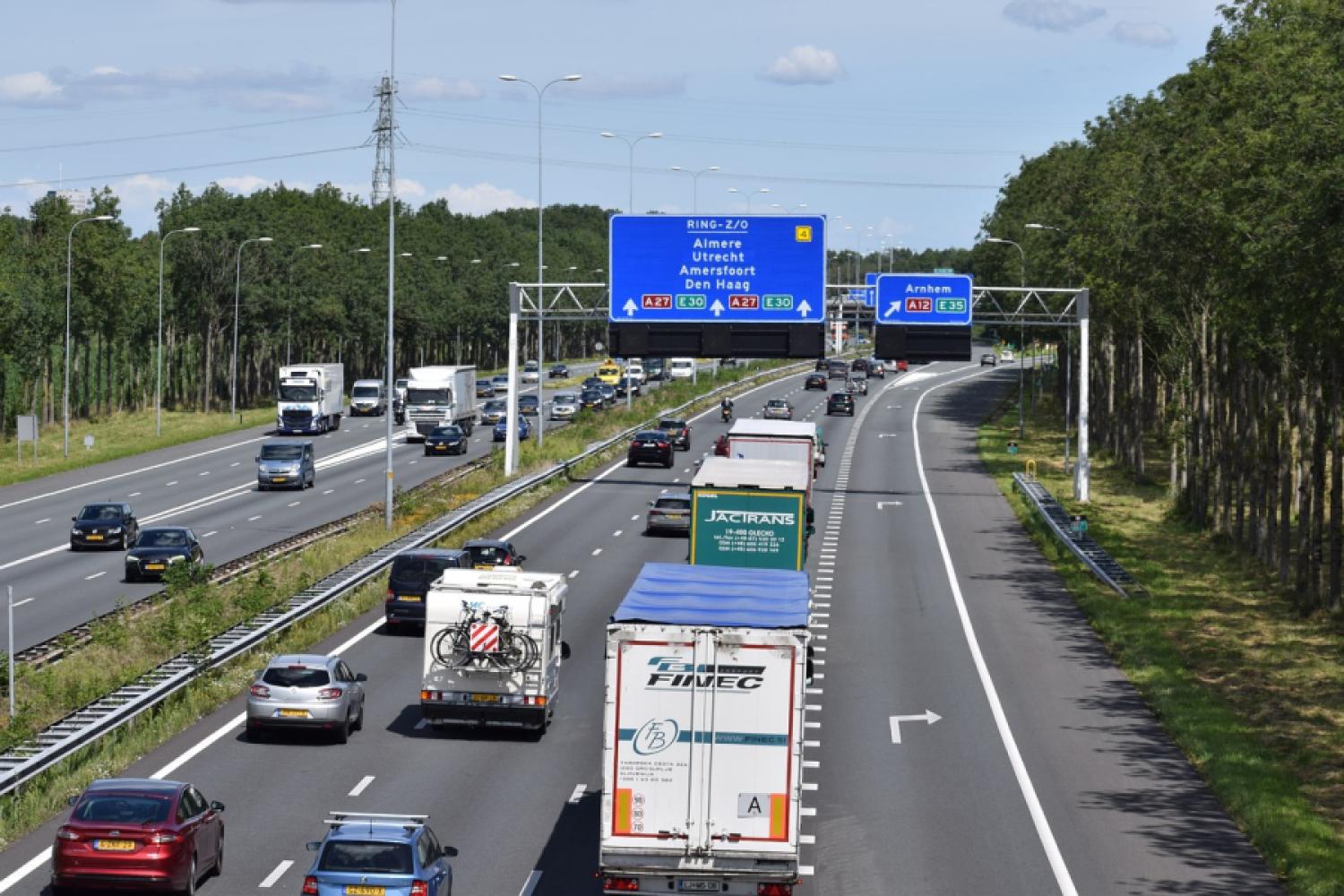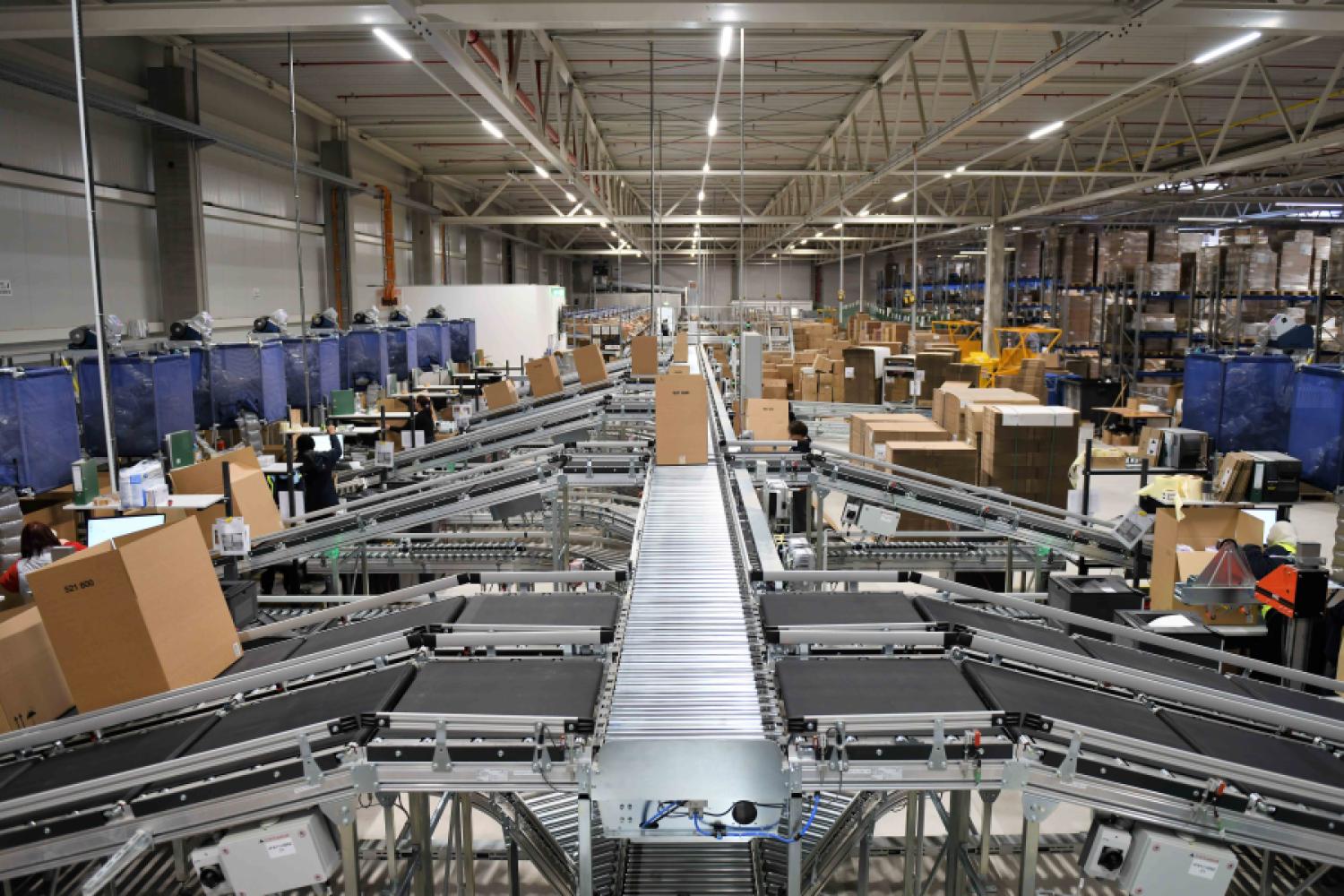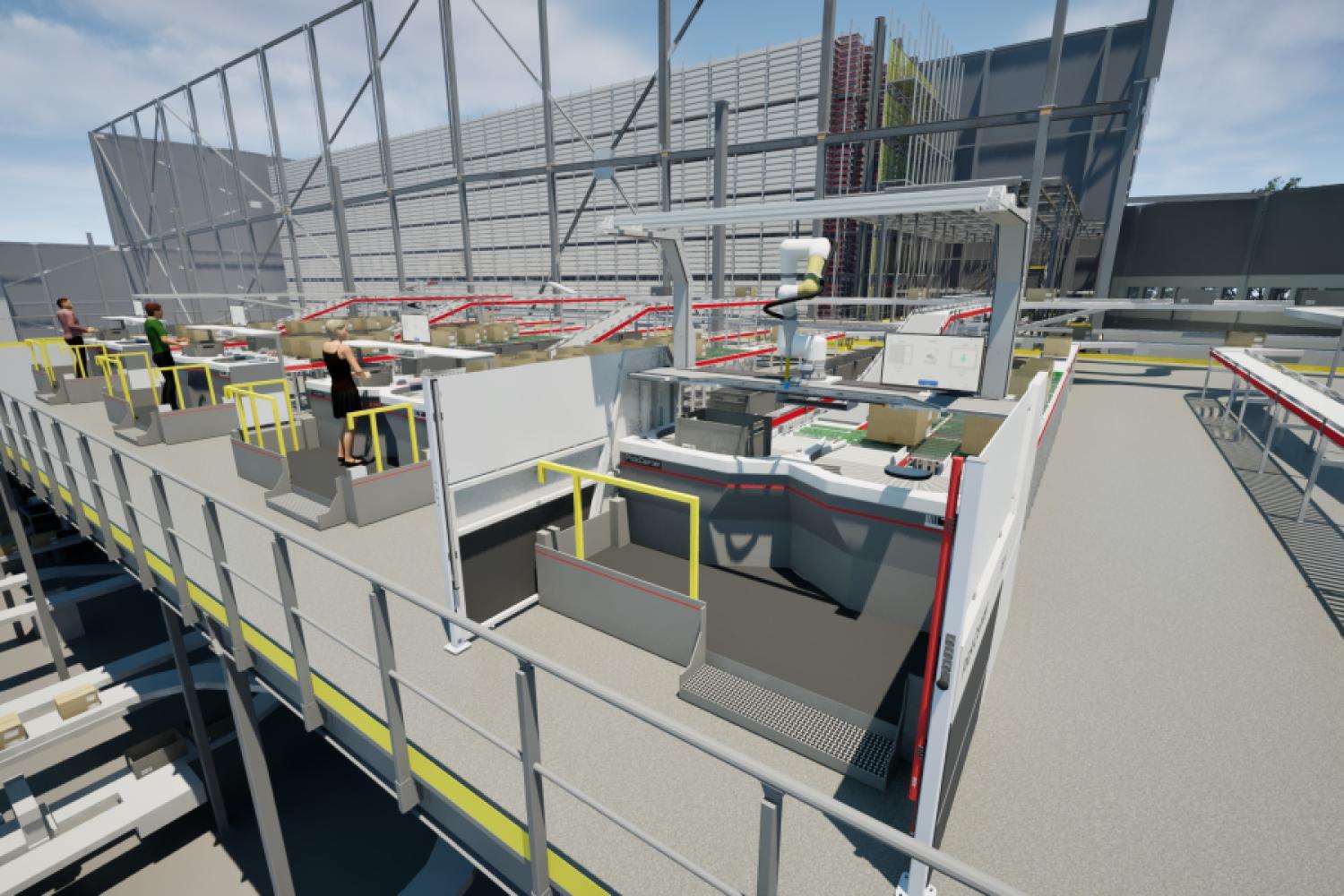On July 9, the European Parliament, in a session, voted by a large majority in favor of a flat processing fee for parcels imported from third countries. The Federal Association of Parcel and Express Logistics (BPEX) is generally supportive of this initiative by the EU Parliament.
"The debate in the European Parliament on the introduction of a parcel fee for shipments from third countries and the resolution proposal show that the issue of international
goods traffic is increasingly in the political spotlight," said Marten Bosselmann, chairman of the BPEX, on July 10 during a press statement. "The parcel industry welcomes the fact that solutions are being sought at the European level to strengthen customs controls and ensure fair competition."
However, the BPEX also warns against creating even more bureaucratic hurdles for companies, but especially for parcel services and logistics providers. From the association's perspective, the goal of the
EU measures and customs reform must be to specifically address concrete problems such as customs evasion and not to erect new trade barriers that could particularly affect small traders and consumers. A flat parcel fee should not, for example, lead to logistics companies being confronted with additional bureaucratic and fiscal burdens or having to take on tasks that are originally within the remit of state authorities, according to the BPEX.
"For us, it's clear:
There must be a uniform regulation for all member states. National go-it-alone approaches threaten the European single market and lead to competitive distortions. Any measures must be proportionately designed. Clear, comprehensible processes, a functioning digital infrastructure, and appropriate transition periods are necessary. The discussed measures, such as the liability of trading platforms for goods that do not comply with EU standards, are a necessary step to improve the single market. Trade barriers achieve the






